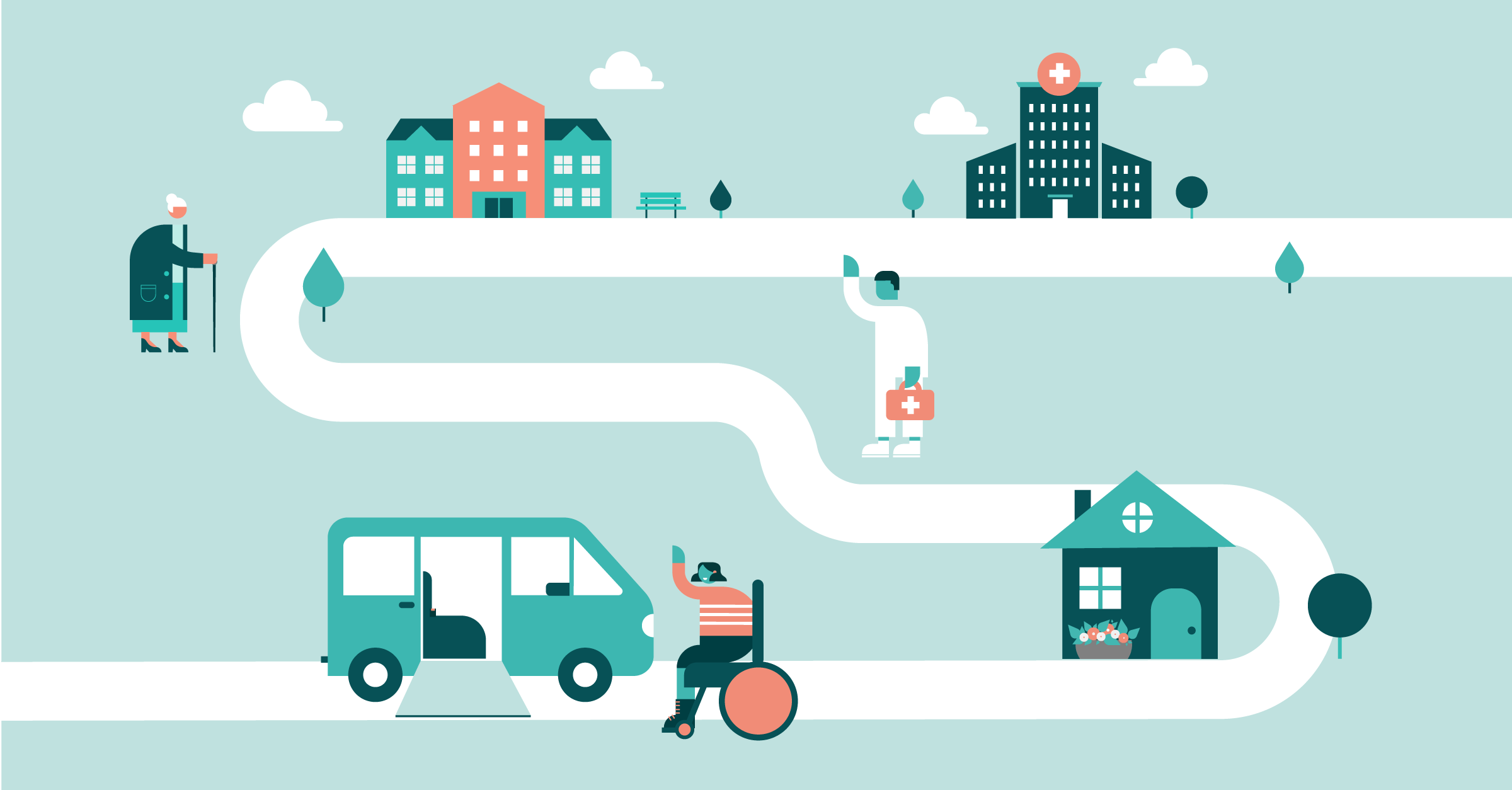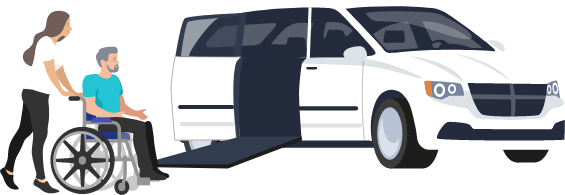Accessible Medical Transportation Providers: Putting Your Health And Wellness First
Accessible Medical Transportation Providers: Putting Your Health And Wellness First
Blog Article
Economical and Accessible Medical Transportation Options for each Scenario
In the realm of health care, the ability to gain access to clinical services is vital, yet the challenge of budget-friendly and accessible transport can often prevent people from receiving required treatment. By discovering specialized medical transport services, neighborhood transport programs, ride-sharing and taxi solutions, non-emergency clinical transport, as well as public transit and paratransit choices, people can find avenues that cater to their details needs and guarantee they receive the care they need.
Specialized Medical Transportation Services
Specialized medical transport solutions play a vital duty in making sure secure and effective transportation for individuals needing specialized treatment throughout transportation. These services satisfy clients with special clinical requirements, such as those needing constant monitoring, specific tools, or clinical interventions during transport. By utilizing specially equipped vehicles and experienced clinical workers, specialized clinical transport services guarantee that clients receive the essential care while being delivered between medical care centers, houses, or various other places.
One key element of specific clinical transport services is the emphasis on individual convenience and security. Clinical transport teams are educated to handle numerous clinical conditions and emergencies that might arise during transportation, giving a higher level of treatment than typical transport options. Furthermore, these solutions typically use door-to-door aid, minimizing the anxiety and pain that people might experience during transfers.
Neighborhood Transport Programs
Having resolved the essential duty of customized medical transport solutions in ensuring secure and effective transportation for individuals with unique medical needs, the emphasis now changes to checking out Neighborhood Transportation Programs - medical transportation. These programs play an essential function in giving economical and available transport options for the general populace, including seniors, individuals with impairments, and low-income families that may face obstacles in accessing conventional transport choices
Community Transportation Programs incorporate a series of solutions such as fixed-route buses, paratransit solutions, volunteer motorist programs, and ridesharing efforts. These programs are often funded by city governments, charitable companies, or personal firms to guarantee that individuals have trustworthy transportation options to reach medical appointments, supermarket, social tasks, and various other important locations.
Ride-Sharing and Taxi Services

One of the essential benefits of ride-sharing and taxi solutions is their availability. These solutions run 24/7, enabling individuals to travel to medical appointments, pharmacies, or medical facilities any time of the day. Furthermore, ride-sharing and taxi services deal with people with flexibility difficulties by supplying wheelchair-accessible automobiles upon request.
Furthermore, ride-sharing and taxi services can be specifically beneficial for people residing in areas with minimal mass transit options. By bridging the space between home and healthcare centers, these services play an important role in making certain that everybody has access to essential clinical services.
Non-Emergency Medical Transportation

Non-Emergency Medical Transport suppliers commonly use trained personnel that are experienced in aiding people with varying medical needs. By offering door-to-door solution, Non-Emergency Medical Transportation improves the overall accessibility of healthcare for people who may or else battle to go to important medical consultations.
Public Transportation and Paratransit Options
Public transit and paratransit options supply crucial transportation services for individuals with varying wheelchair needs, ensuring accessibility to vital locations such as medical centers and appointments. Public transportation systems, including buses, trains, and trains, provide a cost-efficient and commonly readily available mode of transport for individuals looking for to reach clinical appointments. These solutions are especially advantageous for those that may not have access to exclusive cars or call for support due to wheelchair obstacles.
Paratransit services cater especially to people with disabilities who are not able to utilize typical mass transit. These services use door-to-door transport, suiting people with mobility devices, walkers, or other movement aids. Paratransit automobiles are outfitted with features such as wheelchair ramps and securement systems to guarantee the safe and comfy transport of travelers with varying flexibility demands.

Conclusion

Report this page